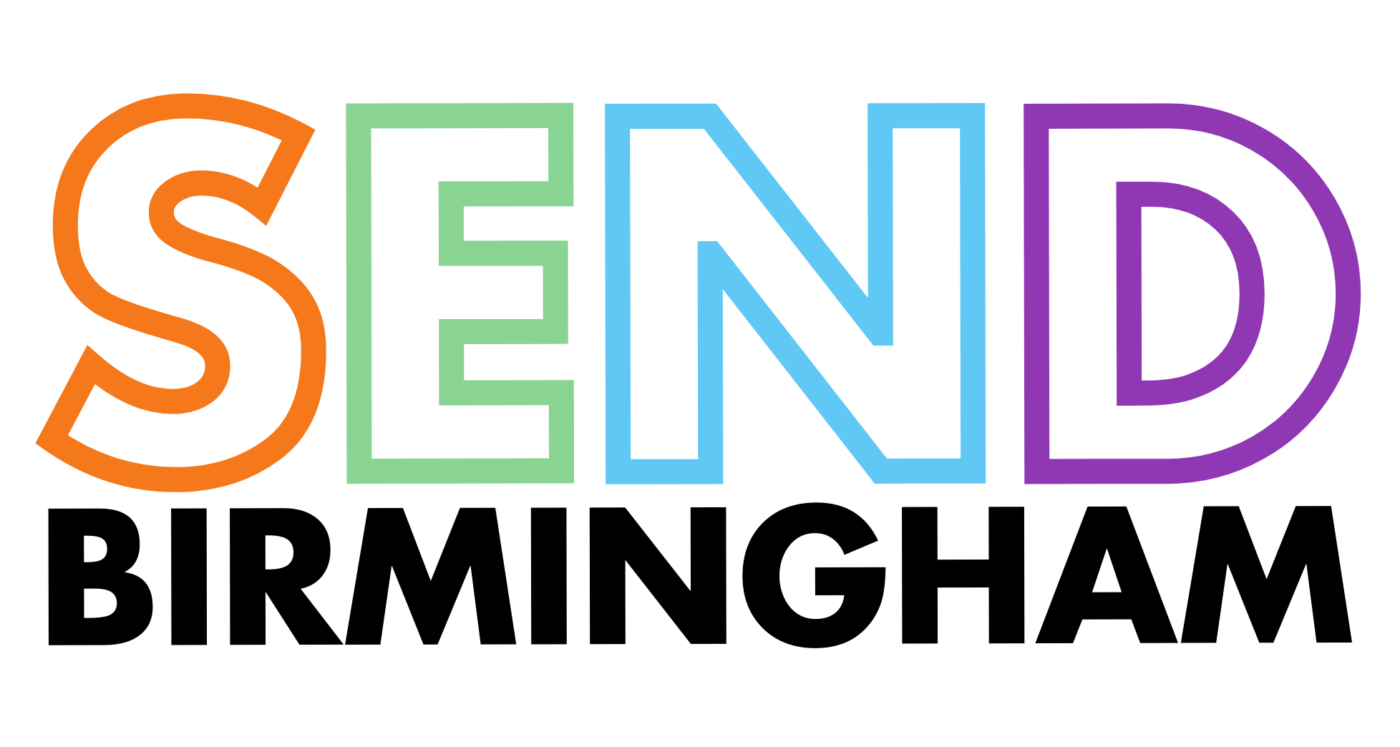School Age
SENCo Consortia Meetings
The SEND SaLT Team offer continuing professional development (CPD) to school SENCos via consortia meetings.
The service is designed to be responsive to the needs of settings and localities; bespoke training can be written and delivered on request. Please discuss your CPD needs with your Consortia Lead and your SEND Speech and Language Therapist.
Previous training provided includes:
- Developmental Language Disorder (DLD)
- Speech Sound Disorder
- Stammering
- Communication Friendly Environment
- Attention & Listening Skills
- Vocabulary Development
- Classroom Talk
- Narrative Skills
- Bilingualism
- Selective Mutism
Communication Friendly Settings Training
The SEND SaLT Team work in partnership with Pupil and School Support (PSS) to support nurseries and schools to develop communication friendly settings.
The communication friendly settings package is a whole school approach to develop teaching staff’s understanding, identification and support for pupils with speech, language and communication needs (SLCN) at a universal level.
The package involves the setting’s senior leadership team, SENCo and all teaching staff completing an audit of their own confidence around understanding, identification and support for SLCN. Based on the audit, SaLT and PSS offer a bespoke training package to meet the needs of the setting.
If you would like to find out more please contact your SEND Speech and Language Therapist.
The SEND Speech and Language Therapy Team offer 30 minute drop in sessions for school SENCos over Microsoft Teams.
Support can be offered around:
- Universal and targeted provision for speech, language and communication needs (SLCN) in your setting.
- Specific pupils (please ensure you obtain parental consent before the drop in session).
Your SEND Speech and Language Therapist can provide you with information and advice around identifying and supporting a range of speech, language and communication needs (SLCN).
Developmental Language Disorder
Developmental Language Disorder (DLD) is a persisting speech, language and communication need, affecting the way children and young people understand and use language.
Download our DLD top tips poster for advice around how you can support children and young people in your setting.
Click here for further information and advice.
Early Communication Development
Some children in your setting may be at an earlier stage in their communication development, in comparison to their chronological age.
Download our supporting speech language and communication in the children’s early years top tips poster.
Click here for further information and advice.
Stammering
Stammering is a disruption in the flow of speech. Children and young people who stammer may:
- Repeat sounds e.g. ‘b-b-ball’ or words e.g. ‘my my my house’
- Stretch out sounds in a word e.g. ‘mmmmum’
- Get stuck on a sound where no sound comes out for several seconds
- Show signs of tension in their face or upper body when speaking
- Use excess body movements when speaking e.g. eye blinking, foot stamping or fist clenching
- Lose eye contact when getting stuck
- Show unusual breathing patterns e.g. taking a big breath before talking
- Avoid certain words or speaking situations e.g. speaking out loud in class.
Download our supporting children who stammer top tips poster.
Click here for further information and advice.
Speech Sound Difficulties
Speech sound difficulties impact how clear a child or young person’s talking is.
Download our supporting speech sounds top tips poster.
Click here for further information and advice.
Selective Mutism
Selective Mutism is an anxiety-based mental health disorder. It occurs when a child speaks comfortably in some situations but consistently does not speak in other situations.
Download our Selective Mutism top tips poster.
Click here for further information and advice.
Creating a Communication Friendly Environment
A communication friendly environment supports the development of all children and young people’s communication skills, including those with speech, language and communication needs. It is good practice to analyse and reflect on what you have in place and what might be appropriate to focus on developing within your setting.
You can complete an audit of your setting to identify the good practice you already have in place and the areas you want to develop. If you identify areas within the audit which you would like support with, please contact your SEND Speech and Language Therapist.
Download our Communication Friendly School Audit Tool.
The way in which teachers interact with children and young people is important to develop their speech, language and communication.
Download our top tips for teachers poster.
Identifying Speech, Language and Communication Needs
Identifying speech, language and communication needs (SLCN) is important. It is useful for teachers and practitioners working in nursery and school settings to understand what typical development of speech, language and communication looks like in children of different ages.
It’s good practice to screen children and young people for SLCN. There are a range of screening tools available, including:
Early Years
Primary Schools
Secondary Schools
If you are a school SENCo you can access a free training video around screening for SLCN from Pupil and School Support.
Speech and Language Therapy Advice Line: 0121 466 6231
Parents/carers and professionals can contact a Speech and Language Therapist for advice around a child or young person’s speech, language and communication needs and/or eating and drinking.
The child or young person you are calling about must be:
- Aged 0-18 years (or up to 19 only if in full-time special school education).
- Registered with a Birmingham GP or attending a Birmingham School.
The phone line is open 24 hours a day for a short message to be left. A Speech and Language Therapist will respond to messages on Monday, Wednesday and Friday.
Special Educational Needs Coordinators (SENCos) are encouraged to contact your SEND Speech and Language Therapist directly, instead of phoning the advice line.

